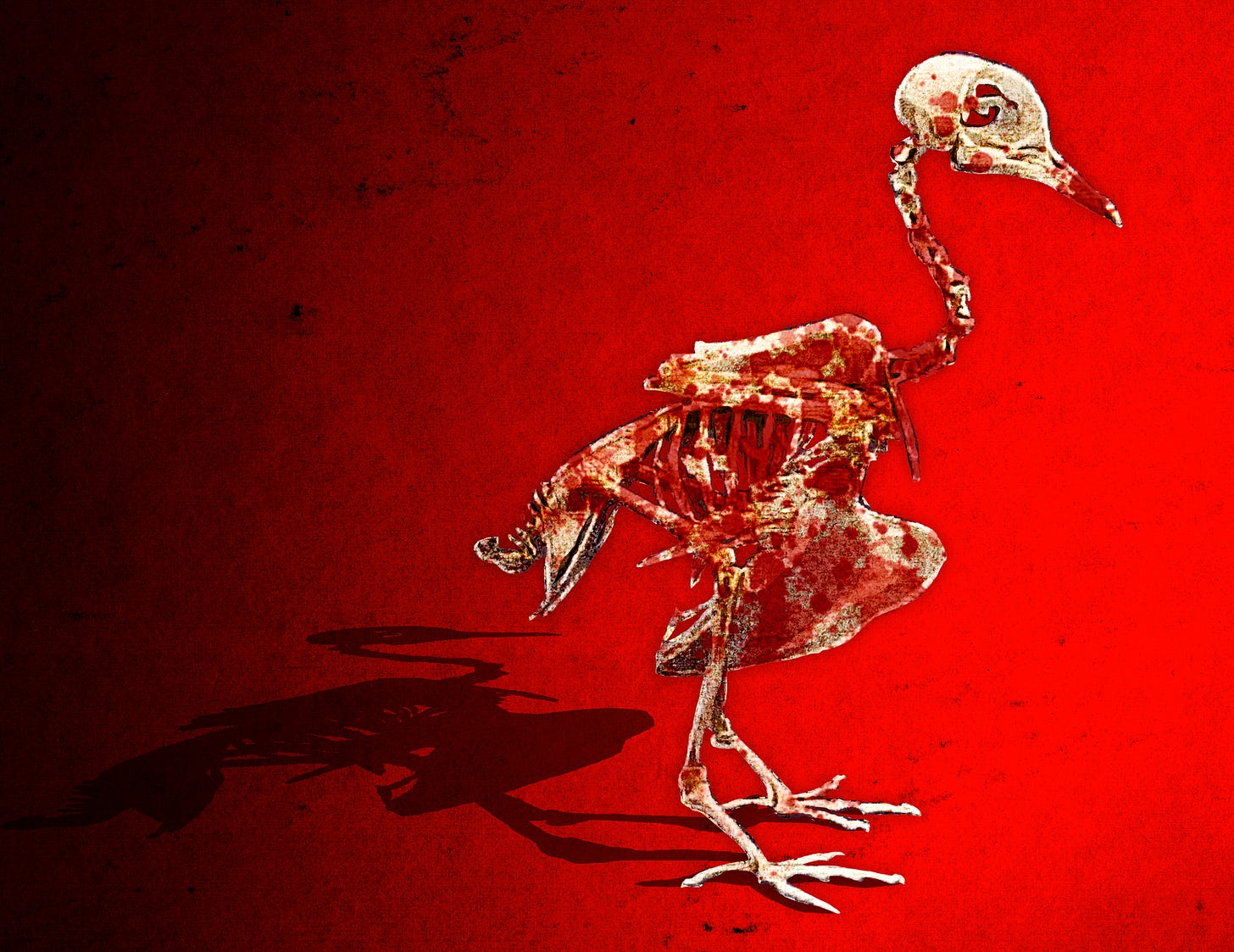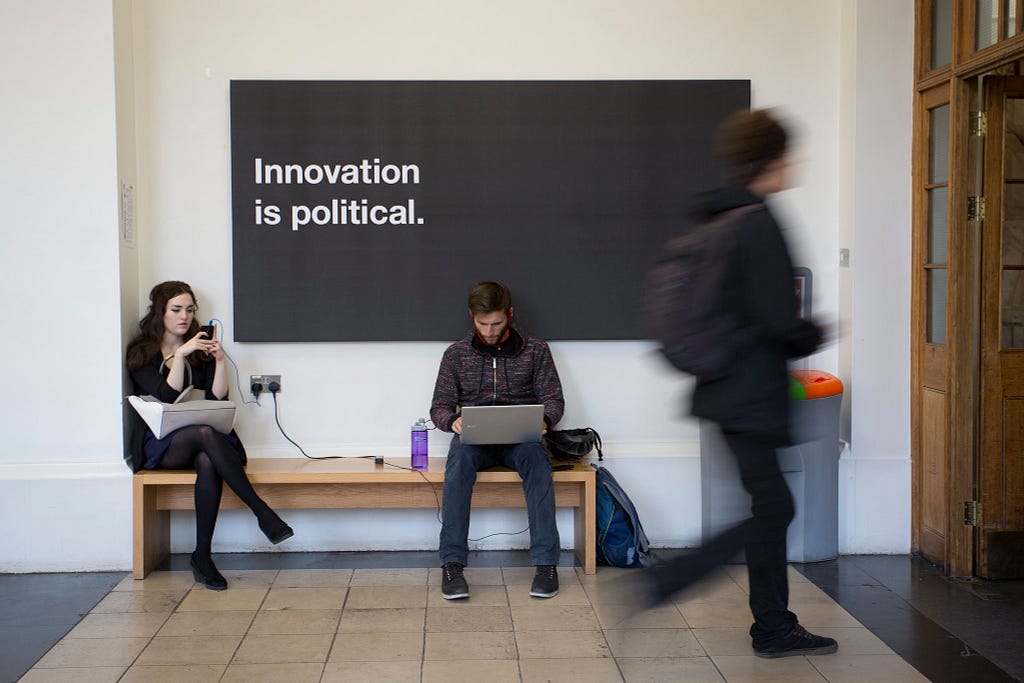“Don’t even bother talking about efficiency unless you know what it’s for”. With this provocation, Mariana Mazzucato opened the panel “Beyond the Chainsaw: Rethinking Efficiency in Government” at IIPP’s Rethinking the State Forum 2025. The conversation, moderated by Josh Entsminger, PhD student at UCL’s Institute for Innovation and Public Purpose, featured Yamini Aiyar, former CEO of the Centre for Policy Research; Rohit Chopra, former Director of the U.S. Consumer Financial Protection Bureau; Elizabeth Linos, Emma Bloomberg Associate Professor of Public Policy and Management; Damon Silvers, Visiting Professor at UCL IIPP; and Mazzucato herself, Professor and Founding Director at UCL IIPP.
Over the course of ninety minutes, the panel unpacked what efficiency has come to mean in public administration and how, far from being a neutral virtue, it has become a weapon.









